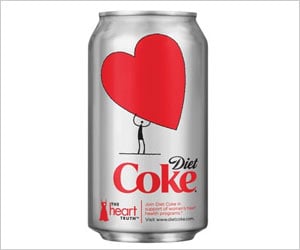Nucleus accumbens neurons have an extremely strong ability to induce sleep that is indistinguishable from the major component of natural sleep, known as slow-wave sleep.

TOP INSIGHT
Adenosine has long been known to represent a state of relative energy deficiency and to induce sleep via adenosine receptors.
A new paper published in the journal Nature Communications finds that a part of the brain that is associated with motivation and pleasure - the nucleus accumbens - also can produce sleep.
The new findings may explain why we have the tendency to fall asleep in the absence of motivating stimuli, i.e., when bored.
Researchers at the University of Tsukuba's International Institute for Integrative Sleep Medicine (WPI-IIIS) and Fudan University's Department of Pharmacology in the School of Basic Medical Sciences used chemo-genetic and optical techniques to remotely control the activities of nucleus accumbens neurons and the behaviors they mediate.
As a result, the Japanese-Chinese team discovered that nucleus accumbens neurons have an extremely strong ability to induce sleep that is indistinguishable from the major component of natural sleep, known as slow-wave sleep, as it is characterized by slow and high-voltage brain waves.
Adenosine has long been known to represent a state of relative energy deficiency and to induce sleep via adenosine receptors. A specific subtype of adenosine receptors, the A2A receptors, are densely expressed in the nucleus accumbens.
Compounds that activate A2A receptors in the nucleus accumbens may open safe therapeutic avenues for treating insomnia, which is one of the most common sleep problems with an estimated prevalence of 10-15 percent in the general population and 30-60 percent in the older population.
Source-Eurekalert
 MEDINDIA
MEDINDIA




 Email
Email




